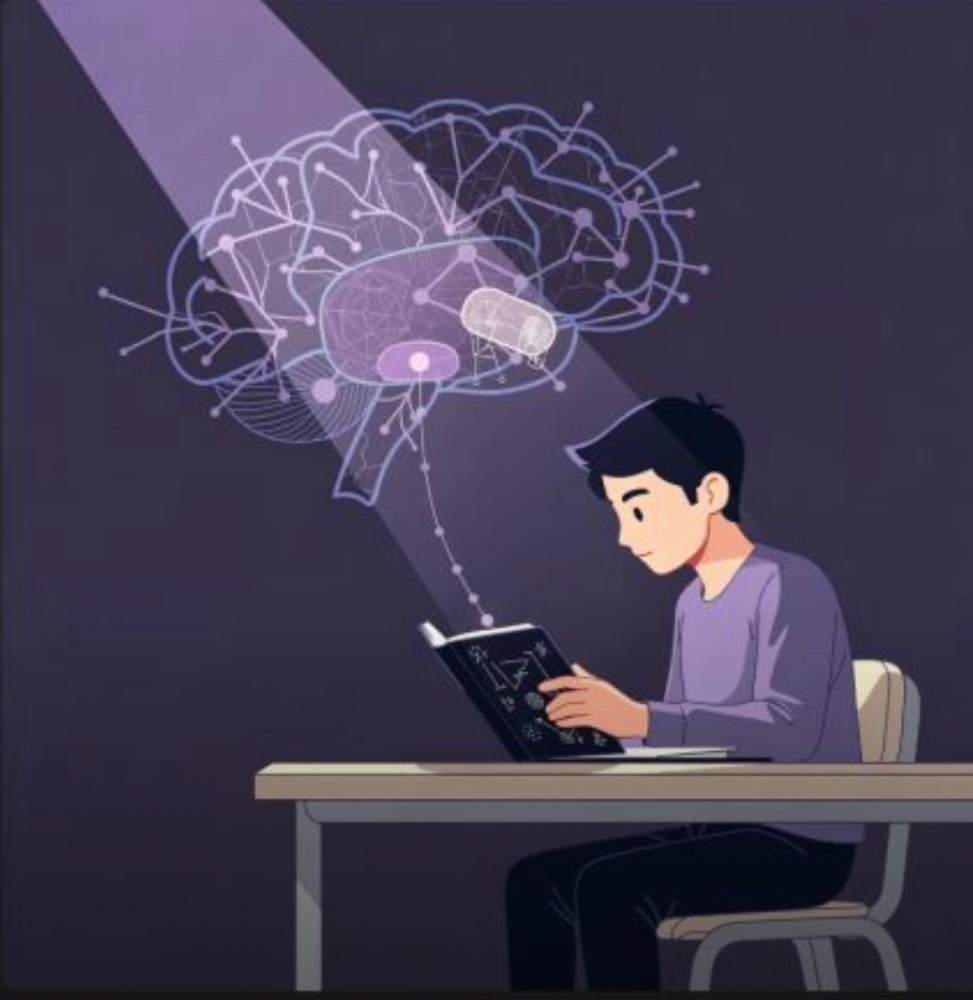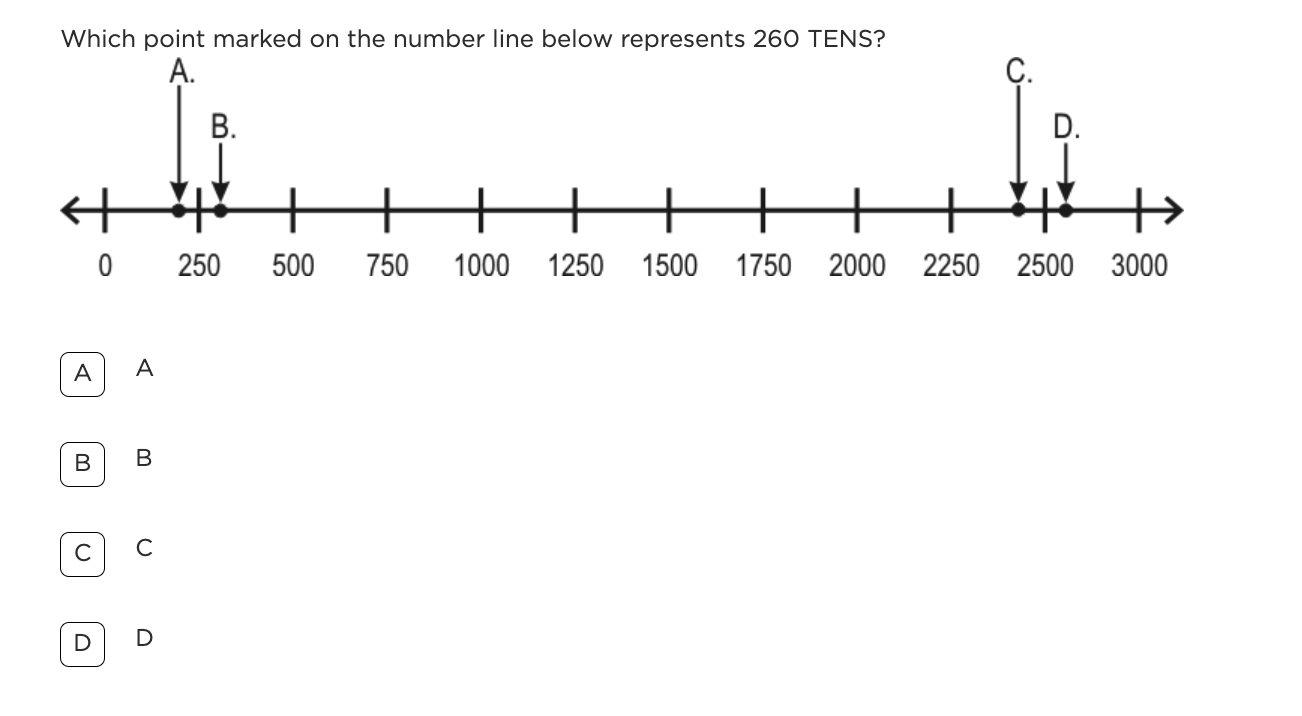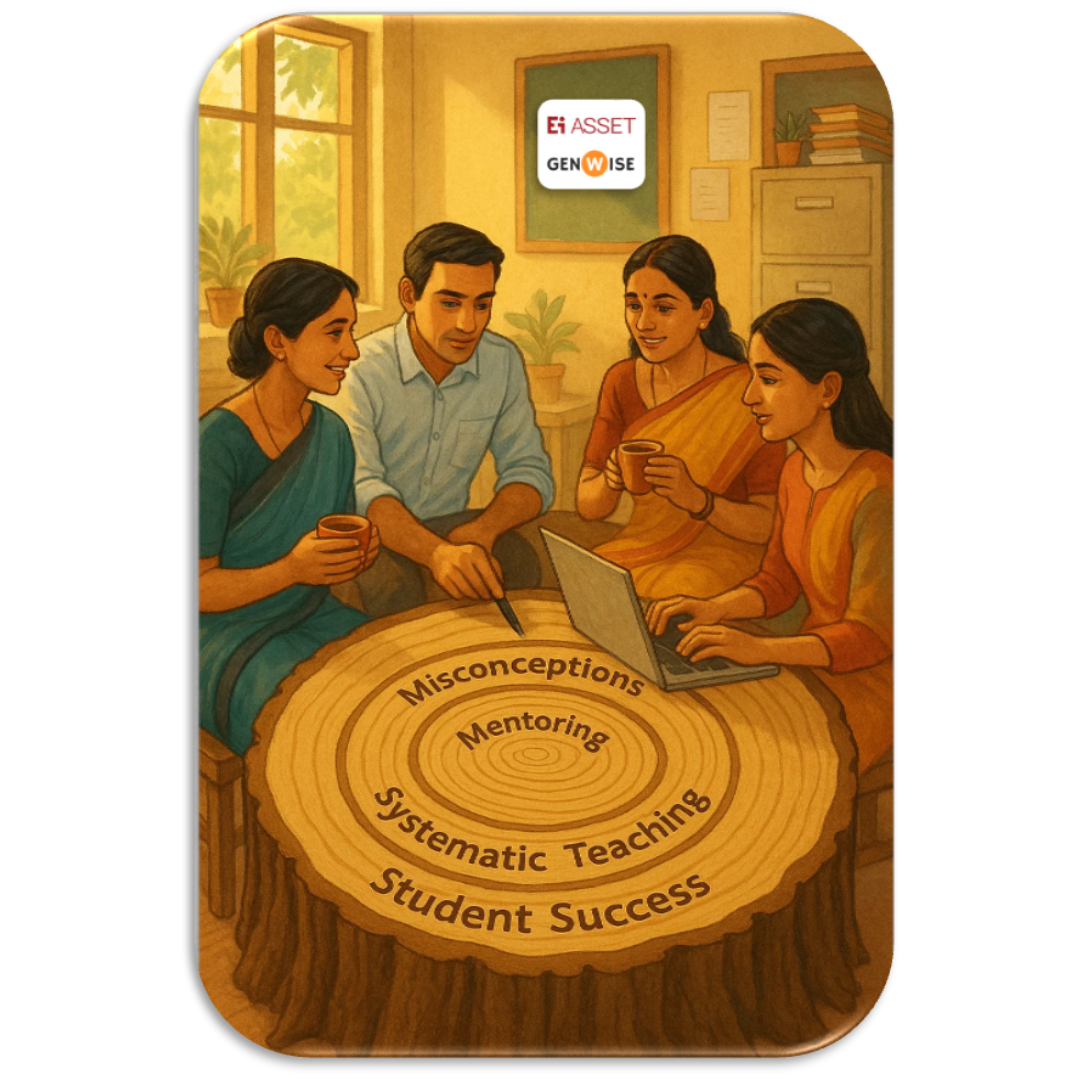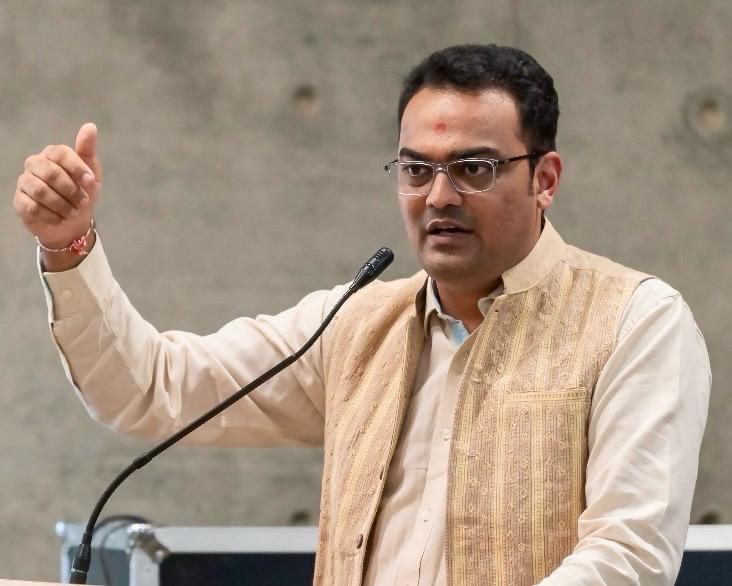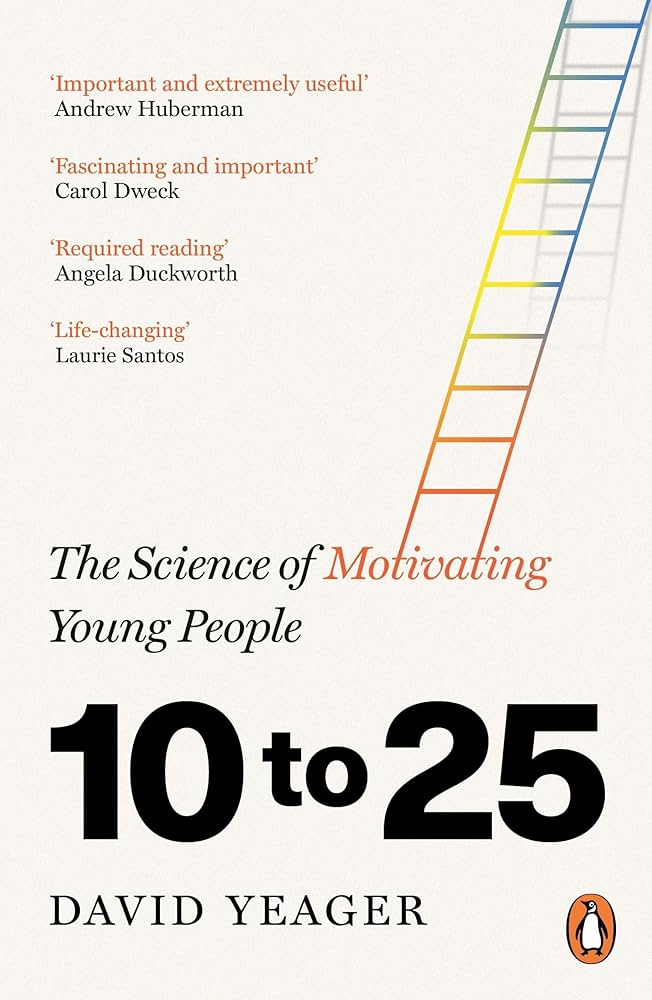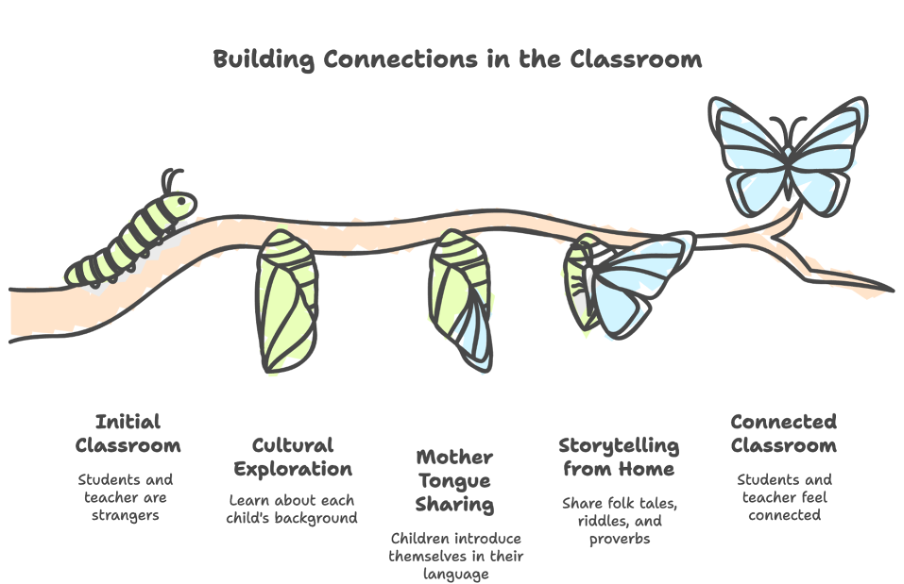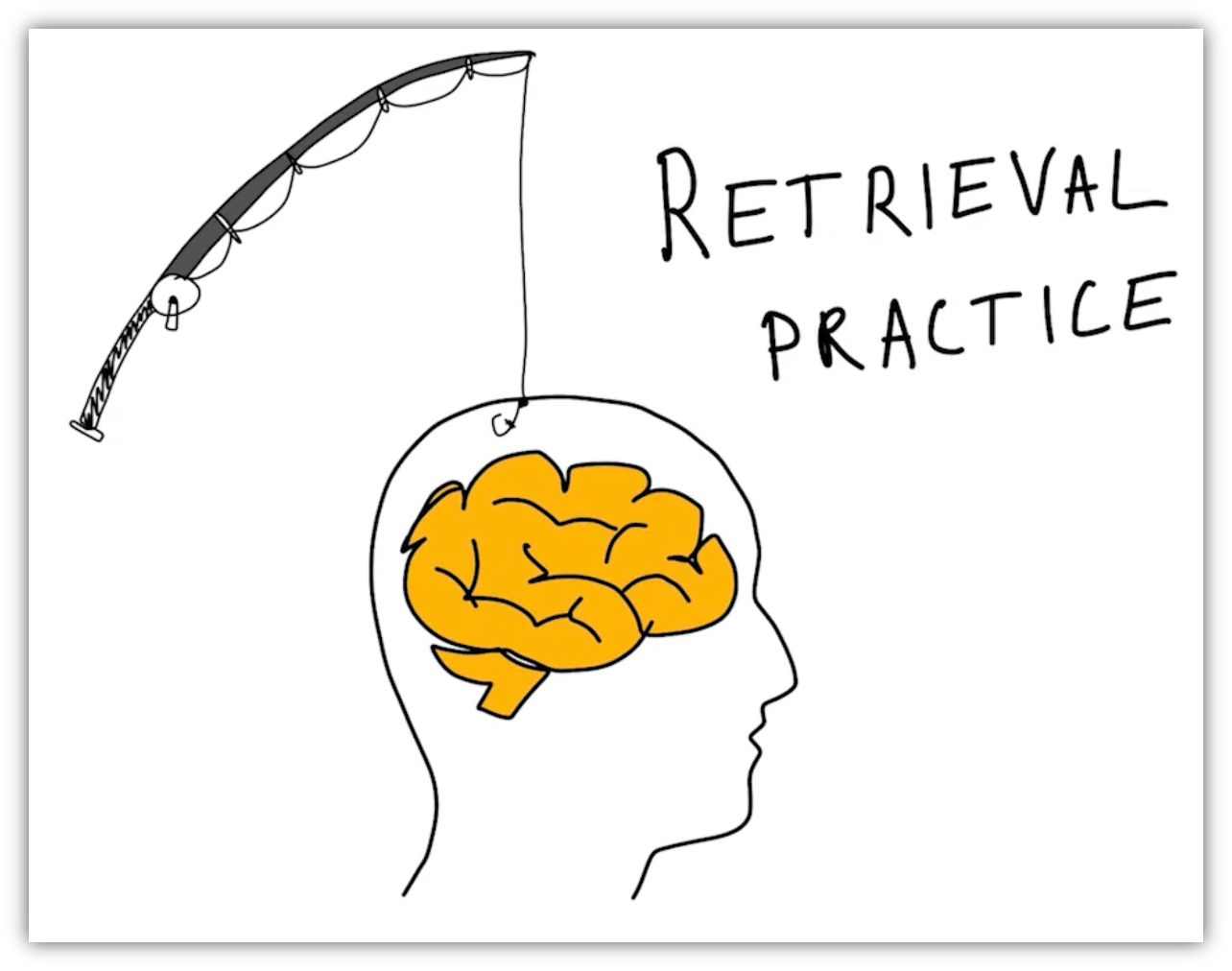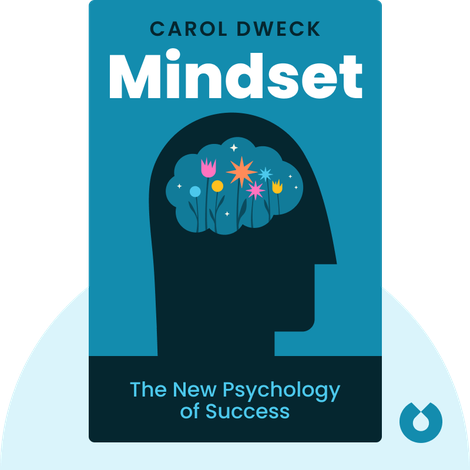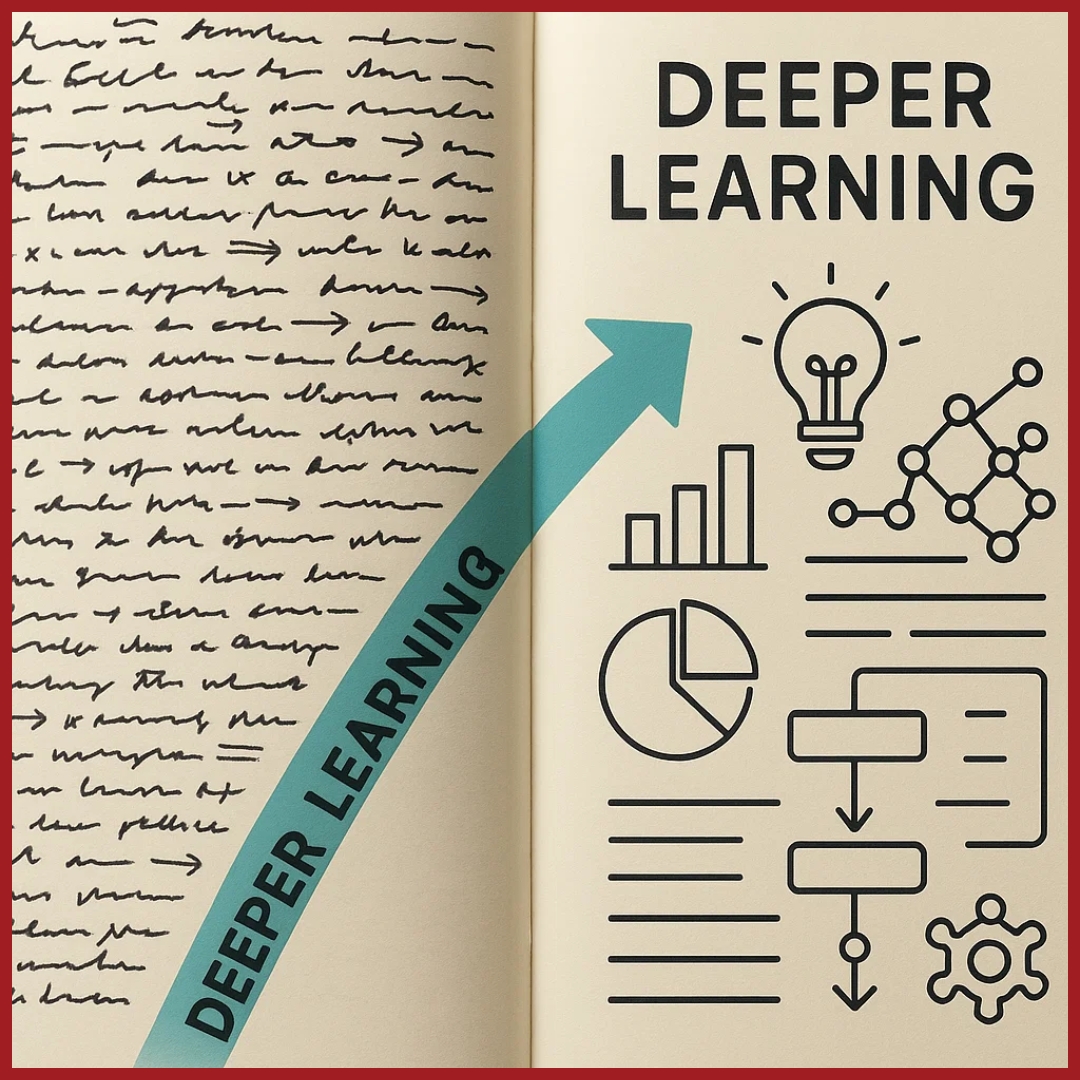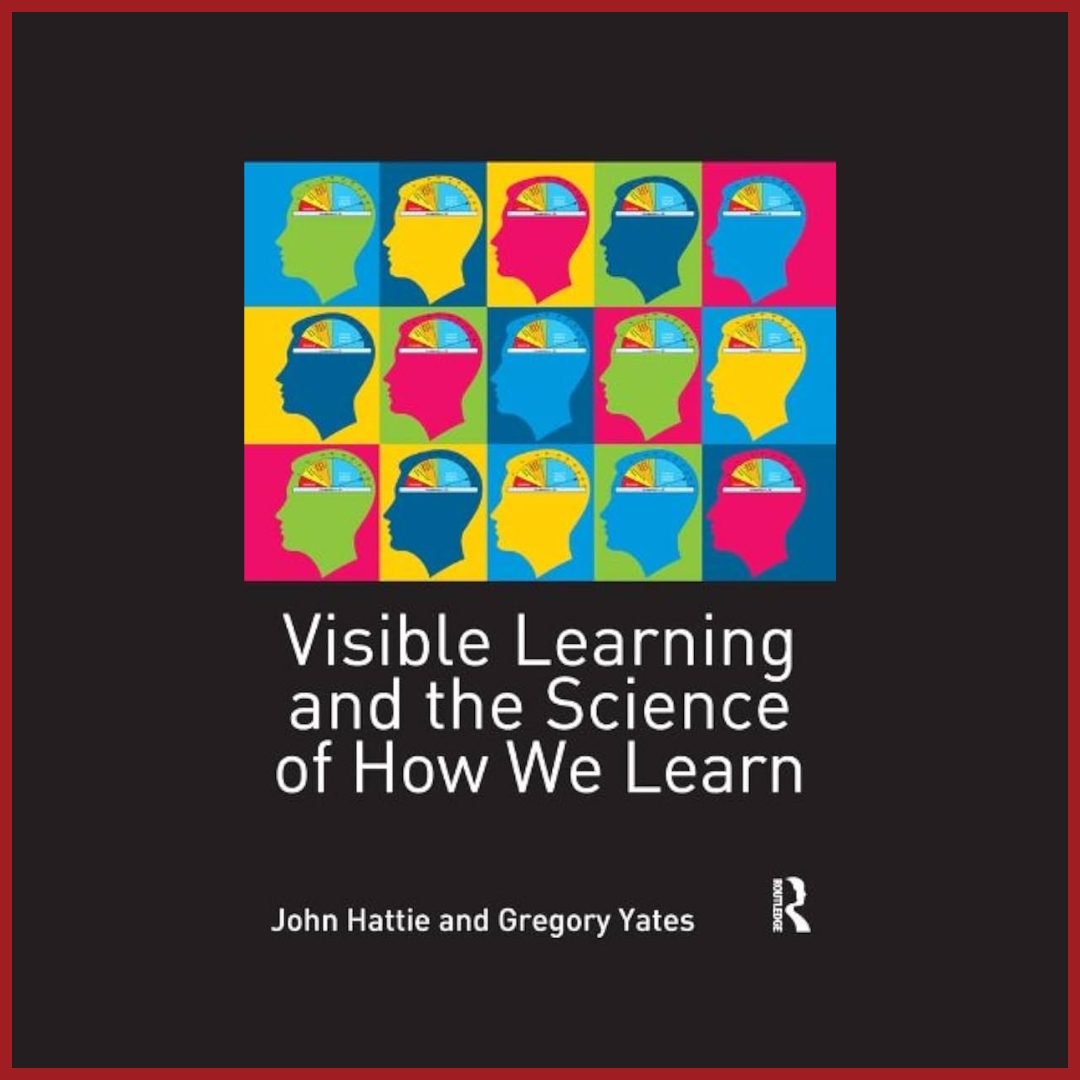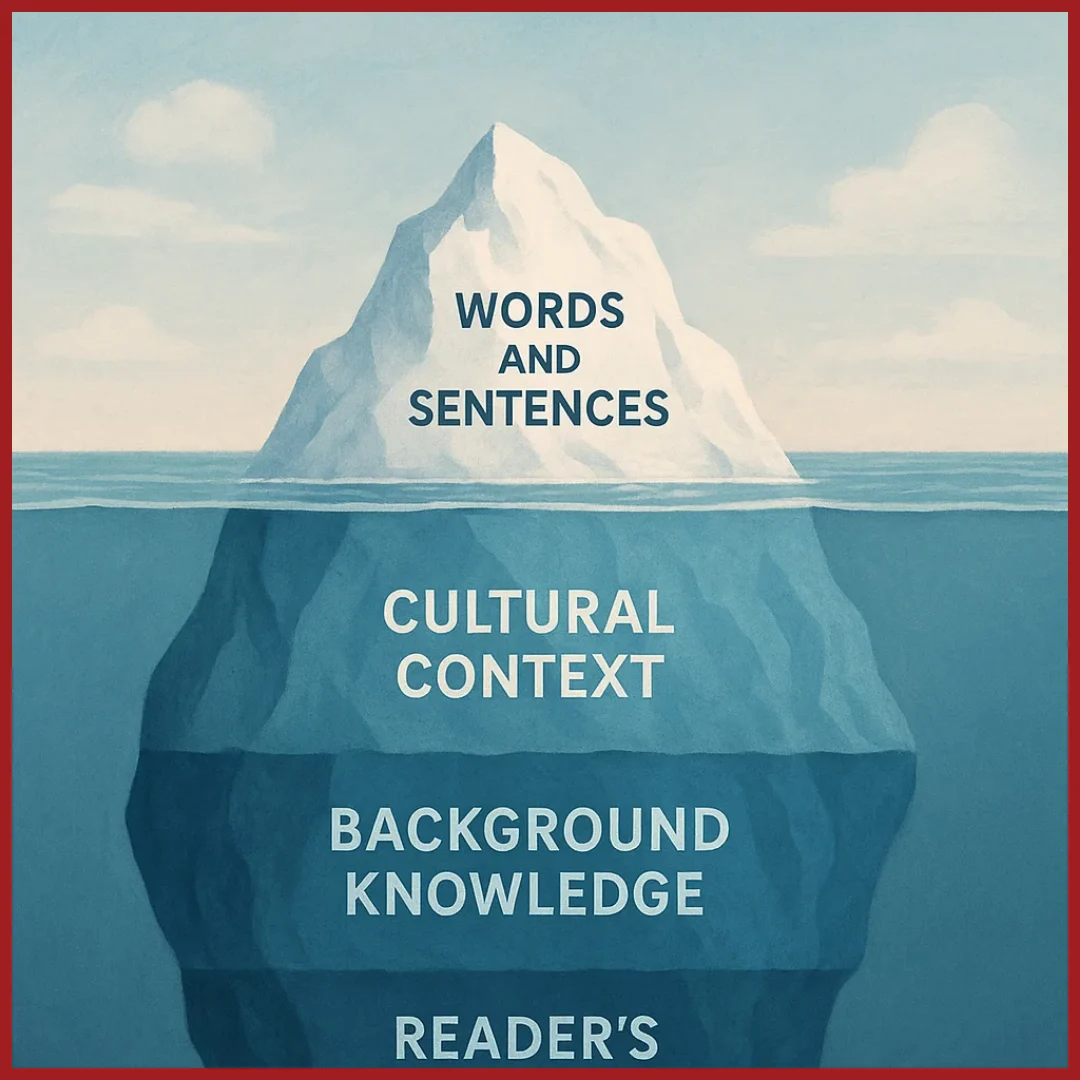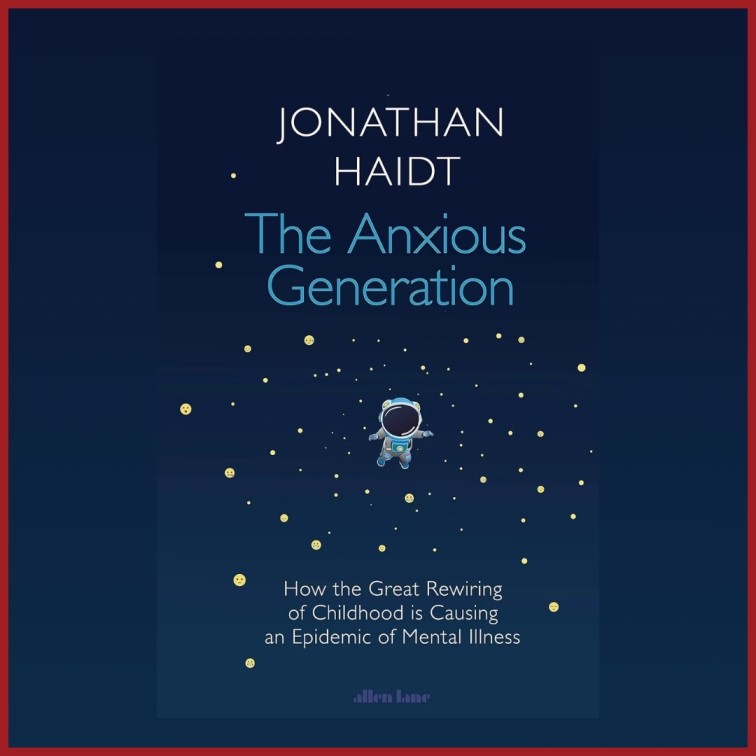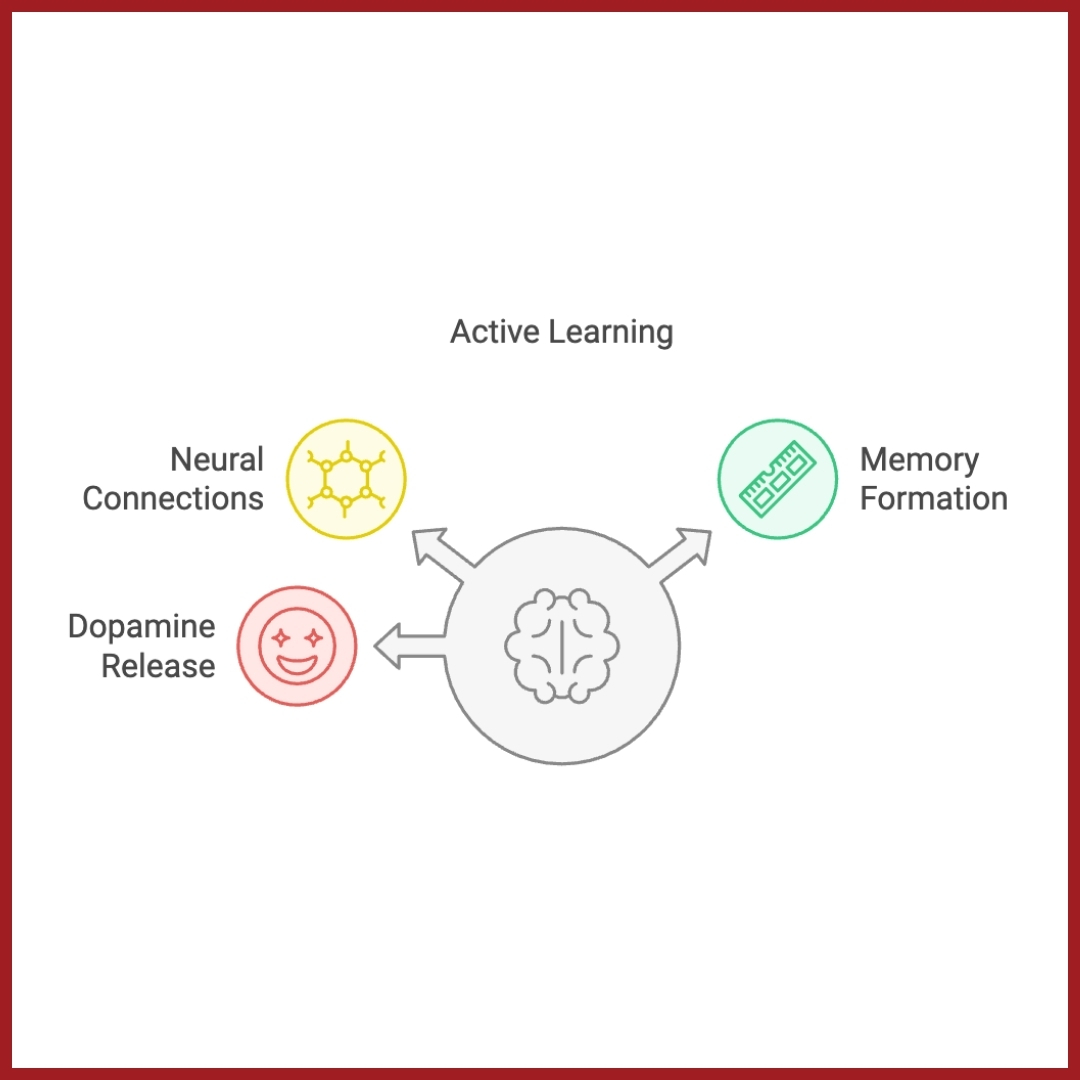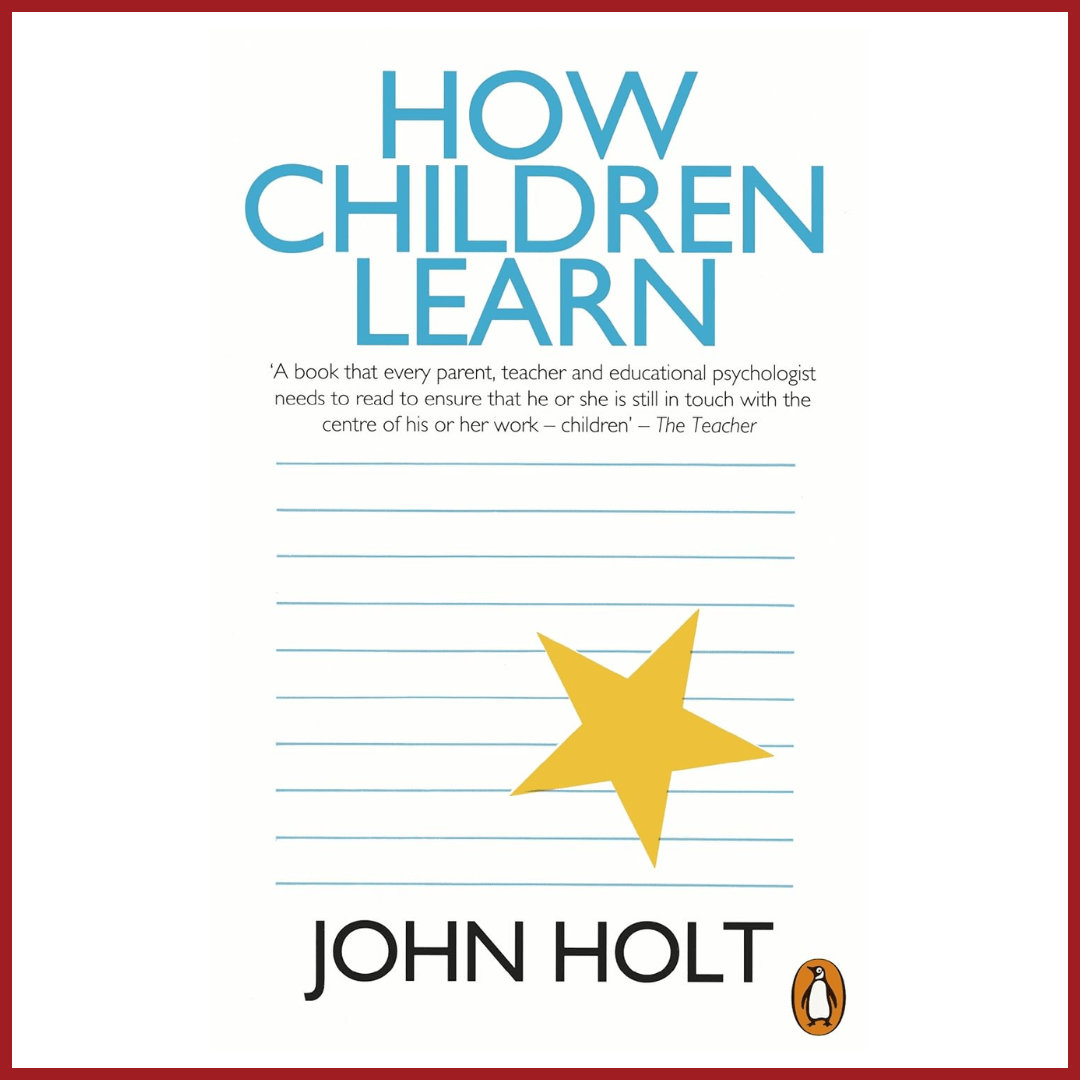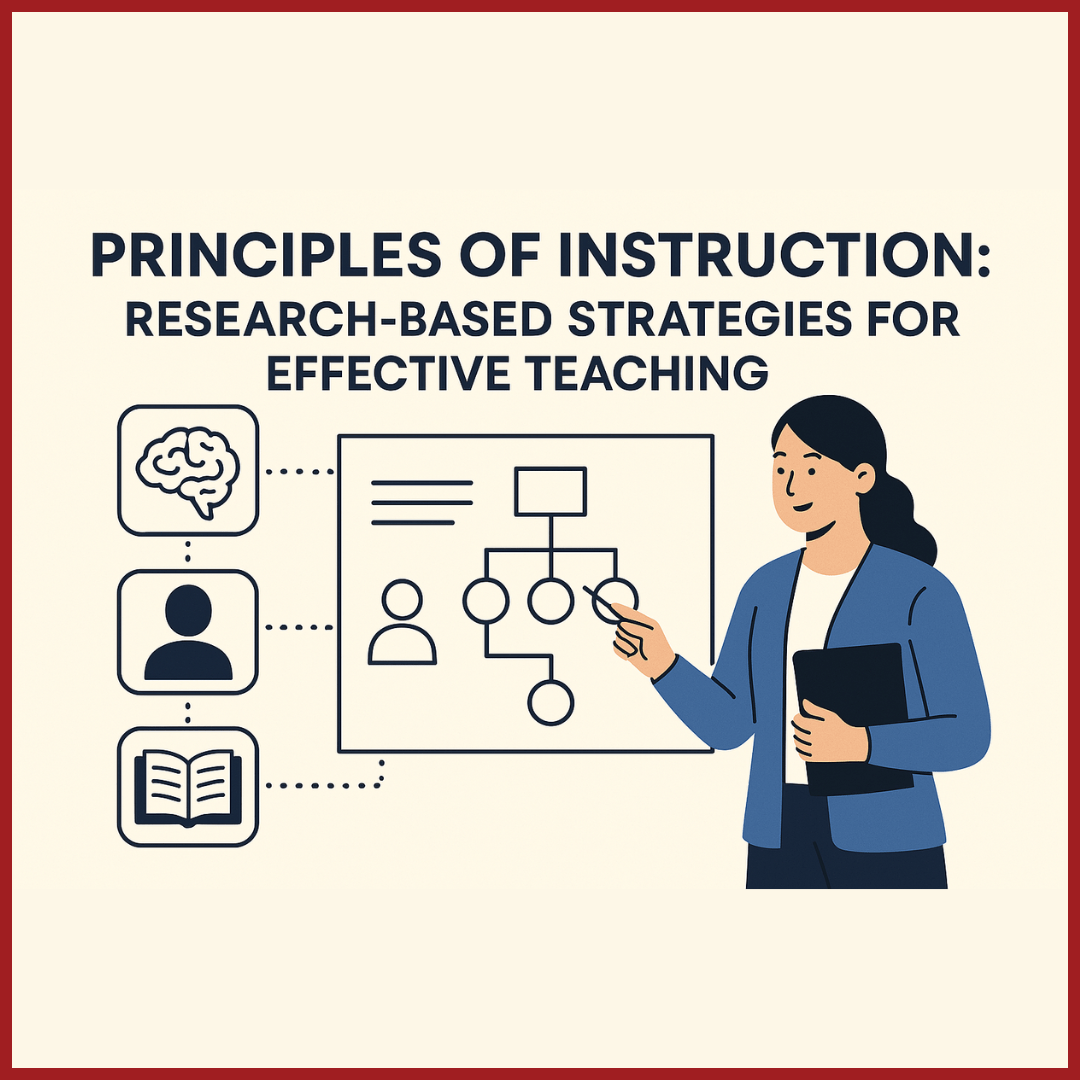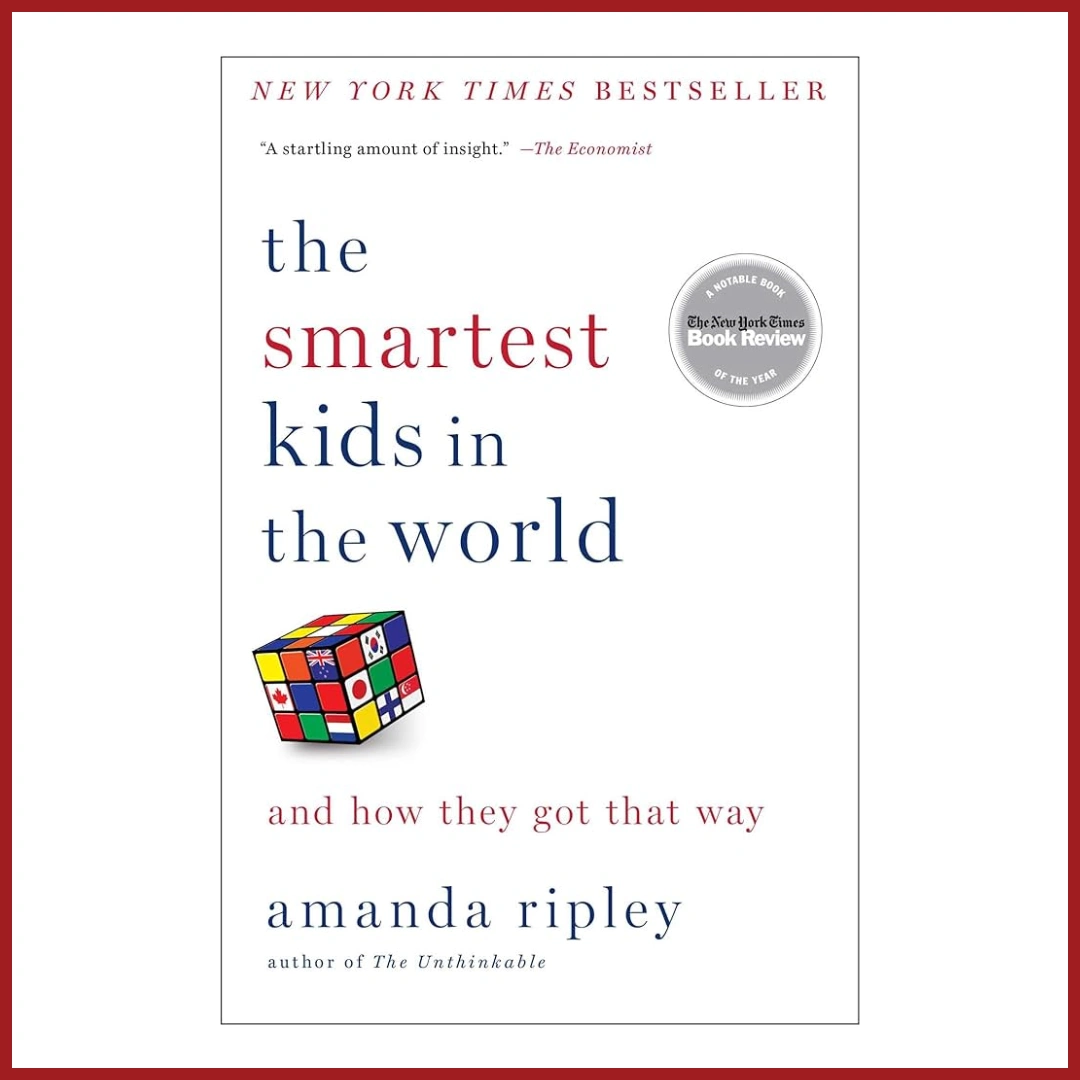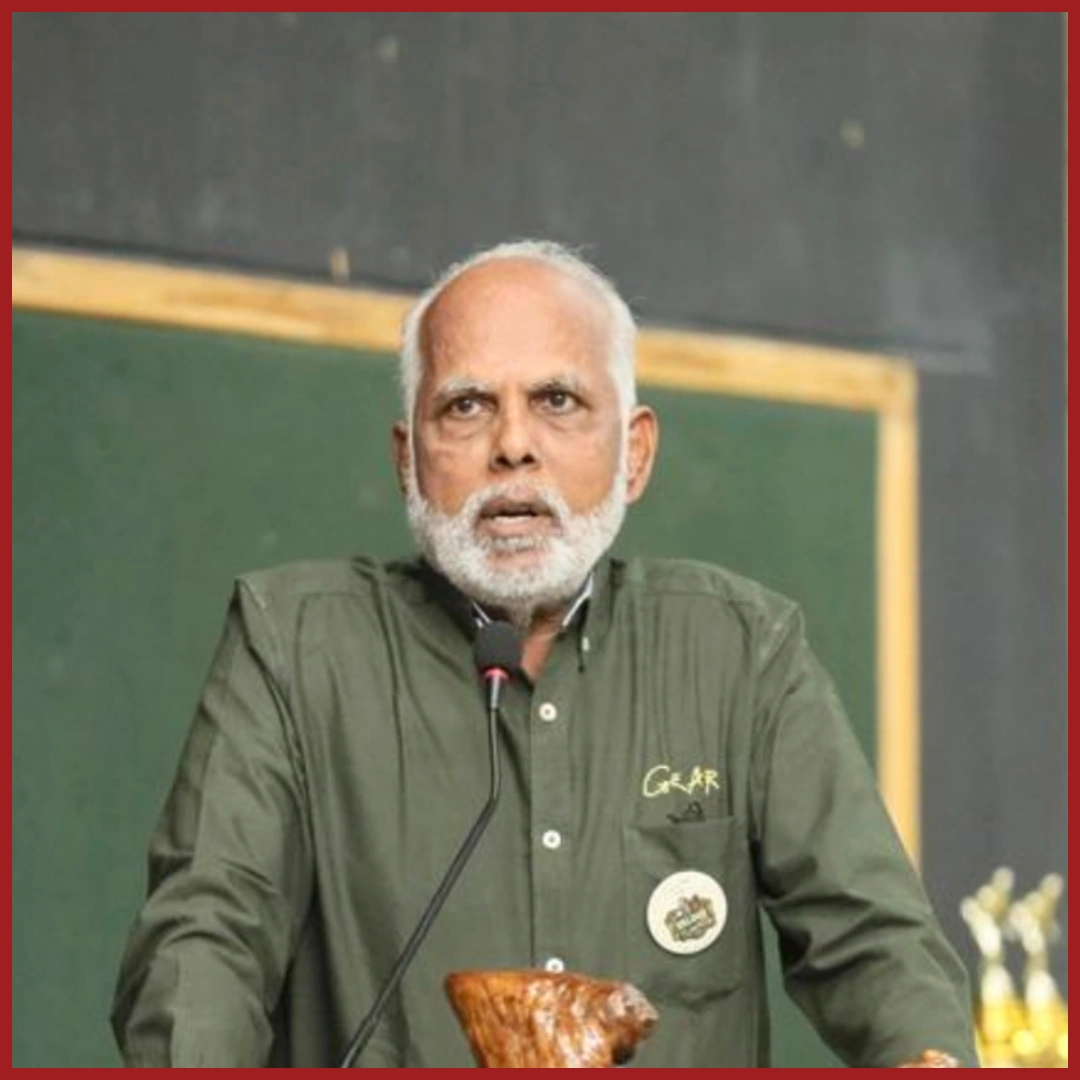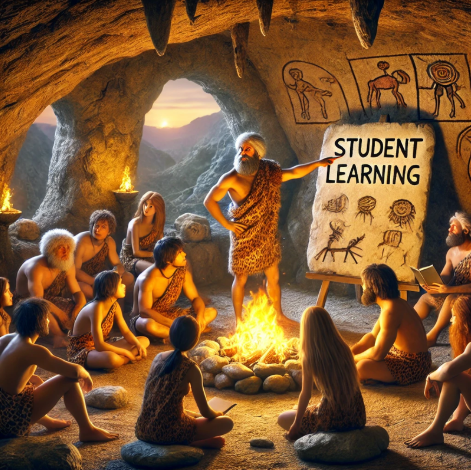Edition 10 | October 2025
Educators Speak: Founder’s Interview

Dr. Shivani Mehta
Dr. Shivani Mehta is the Principal at GEMS Genesis International School (GGIS) in Ahmedabad, Gujarat. A TEDx speaker and passionate advocate for student-centred learning, she leads with a focus on emotional well-being, reflective practice, and continuous professional growth. Her leadership philosophy emphasizes on service, and creating a culture of trust and empathy.
Q1. Many principals speak of the 'digital divide,' but increasingly there’s also a 'pedagogy divide'—some classrooms are engaging and future-ready, others are not. How do you bridge this divide across a school?
John Dewey once said, “If we teach today’s students as we taught yesterday’s, we rob them of
tomorrow.”
At GGIS, a student-centric school, we continuously strive to push the boundaries of engagement and interaction in the classroom. Is it easy? Most definitely not. But I find that consistent focus on teacher training and professional development lies at the heart of this effort. And this happens when there is relevance in the classroom.
Relevance in learning, questioning, testing and application of the learning. Bridging the pedagogy divide requires more than just individual teacher choices; it calls for a school-wide vision for teaching and learning that ensures consistency, equity, and alignment with future-ready goals. To bridge any gap, teachers must first be able to recognize it themselves—and this happens best through reflective practice and innovation.
As an interesting practice, we invite suggestions from our students and have them conduct masterclasses for our team, sharing what worked for them and what not to do in the classroom. This cycle of feedback, reflection, and growth ensures that our classrooms remain dynamic and responsive to the needs of today’s learners for future readiness.
At GGIS, a student-centric school, we continuously strive to push the boundaries of engagement and interaction in the classroom. Is it easy? Most definitely not. But I find that consistent focus on teacher training and professional development lies at the heart of this effort. And this happens when there is relevance in the classroom.
Relevance in learning, questioning, testing and application of the learning. Bridging the pedagogy divide requires more than just individual teacher choices; it calls for a school-wide vision for teaching and learning that ensures consistency, equity, and alignment with future-ready goals. To bridge any gap, teachers must first be able to recognize it themselves—and this happens best through reflective practice and innovation.
As an interesting practice, we invite suggestions from our students and have them conduct masterclasses for our team, sharing what worked for them and what not to do in the classroom. This cycle of feedback, reflection, and growth ensures that our classrooms remain dynamic and responsive to the needs of today’s learners for future readiness.
Q2. In your view, what does a meaningful student voice look like in schools—beyond student councils or annual feedback forms?
Student voice in a school involves students in problem-solving and making pertinent decisions.
Students are also policy makers and a part of the whole-school decision making process.
At GGIS, students actively participate in teaching in the classroom and they lead learning.
Peer teaching is a great community service initiative and we have come to realise that students
hear other students a lot better with more focus, intent and acceptance.
Q3. How do you personally keep yourself 'future-ready' as a leader, given how fast education, technology, and society are changing?
For me, the most important skill to continuously hone as a leader is fluidity which is the ability to
go with the flow, adapt, and accept change rather than resist it. Education, technology, and society
are evolving so rapidly that holding on too tightly to the “way things have always been done” only
slows us down.
Being open, flexible, and willing to experiment is half the job done
The other half is actively expanding my understanding. I make it a point to carve out time for reading widely, learning from research and new practices, and connecting with the right people who are educators, thinkers, and leaders—who challenge my assumptions and broaden my perspective.
Whether it’s seeing a fresh approach in classroom engagement, understanding emerging trends in educational technology, or reflecting on how societal shifts impact our students, I try to stay curious and intentional.
At GGIS, this practice allows me to not only anticipate change but also help our team navigate it confidently. Being future-ready, to me, is as much about mindset as it is about skill—about being willing to learn, reflect, adapt, and guide others through transformation with calmness and clarity
Being open, flexible, and willing to experiment is half the job done
The other half is actively expanding my understanding. I make it a point to carve out time for reading widely, learning from research and new practices, and connecting with the right people who are educators, thinkers, and leaders—who challenge my assumptions and broaden my perspective.
Whether it’s seeing a fresh approach in classroom engagement, understanding emerging trends in educational technology, or reflecting on how societal shifts impact our students, I try to stay curious and intentional.
At GGIS, this practice allows me to not only anticipate change but also help our team navigate it confidently. Being future-ready, to me, is as much about mindset as it is about skill—about being willing to learn, reflect, adapt, and guide others through transformation with calmness and clarity
Q4. In schools we often speak about student well-being, but teacher emotional well-being is less visible. What are some practices or mindsets you believe can help schools truly care for the hearts of their teachers, not just their performance?
I strongly believe that teacher emotional well-being is just as critical as student well-being, yet it
often takes a back seat due to packed schedules and a busy school calendar. As a leader, the first
step is to weed out unnecessary stressors from the system—psychophancy, hierarchical drama,
and politics add layers of tension that distract from meaningful work. Keeping the system healthy
and fair helps teachers focus on teaching and growing, rather than navigating unnecessary
friction.
Equally important is service leadership—leading by supporting and helping rather than merely instructing. At GGIS, this translates into concrete practices: we conduct regular wellness check ins, our counsellors actively engage with team members to provide emotional support, and we hold O3 one-on-one meetings between teachers and their reporting managers to ensure every voice is heard.
Caring for the hearts of teachers means creating a culture where they feel seen, supported, and safe to express themselves. When teachers know that their emotional well-being matters, they can show up fully for their students, bringing energy, creativity, and empathy into the classroom. True leadership is about building an environment where well-being and performance grow hand in hand.
Equally important is service leadership—leading by supporting and helping rather than merely instructing. At GGIS, this translates into concrete practices: we conduct regular wellness check ins, our counsellors actively engage with team members to provide emotional support, and we hold O3 one-on-one meetings between teachers and their reporting managers to ensure every voice is heard.
Caring for the hearts of teachers means creating a culture where they feel seen, supported, and safe to express themselves. When teachers know that their emotional well-being matters, they can show up fully for their students, bringing energy, creativity, and empathy into the classroom. True leadership is about building an environment where well-being and performance grow hand in hand.
Q5. If you had to leave one piece of advice for young teachers entering the profession today, what would it be?
My advice to young teachers entering the profession today would be to teach with a deep sense
of responsibility and purpose. Prioritise joy, curiosity, and relevance in every lesson, every
interaction, and every decision you make in the classroom. Don’t underestimate the weight of your
role—you are shaping a generation that will soon be leading nations, making critical decisions, and
influencing the world.
At the same time, build relationships with your students based on trust and respect, because it is these connections that make learning meaningful. Remember that challenges, difficult moments, and mistakes are part of the journey—they teach you resilience and empathy. Ultimately, teaching is both a privilege and a responsibility.
At the same time, build relationships with your students based on trust and respect, because it is these connections that make learning meaningful. Remember that challenges, difficult moments, and mistakes are part of the journey—they teach you resilience and empathy. Ultimately, teaching is both a privilege and a responsibility.
Enjoyed the read? Spread the word
Interested in being featured in our newsletter?
Check out the latest edition here.
Feature Articles
Join Our Newsletter
Your monthly dose of education insights and innovations delivered to your inbox!
powered by Advanced iFrame

